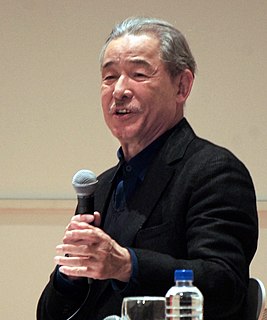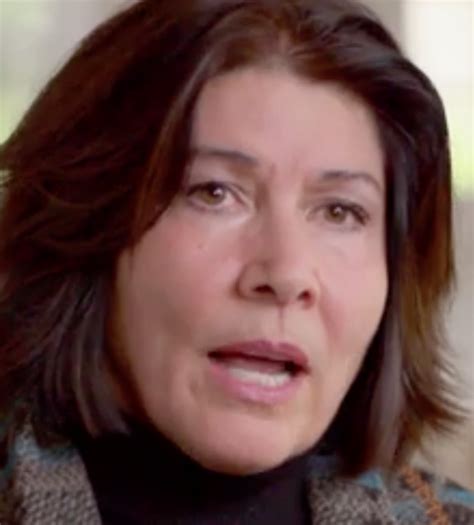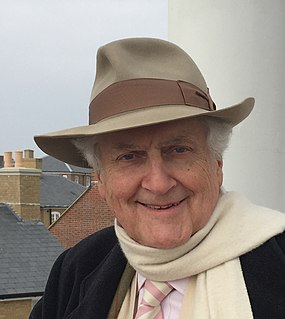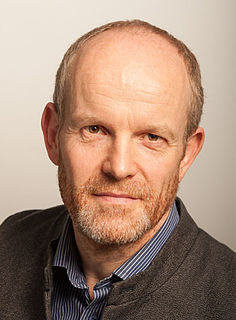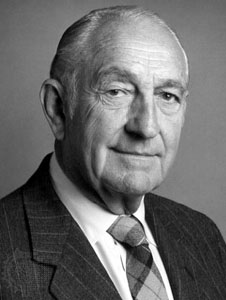A Quote by Cornel West
The most important assets we have are our bodies and our energy which can be put to good use as resources in political activism for poor and working people.
Related Quotes
The central base of world political power is right here in America, and it is our corrupt political establishment that is the greatest power behind the efforts at radical globalization and the disenfranchisement of working people. Their financial resources are virtually unlimited, their political resources are unlimited, their media resources are unmatched, and most importantly, the depths of their immorality is absolutely unlimited. They will allow radical Islamic terrorists to enter our country by the thousands.
I have always been interested in conducting research that yielded new methods by which to make cloth, and in developing new materials that combine craftsmanship and new technology. But the most important thing for me is to show that, ultimately, technology is not the most important tool; it is our brains, our thoughts, our hands, our bodies, which express the most essential things.
In every Indigenous community I've been in, they absolutely do want community infrastructure and they do want development, but they want it on their own terms. They want to be able to use their national resources and their assets in a way that protects and sustains them. Our territories are our wealth, the major assets we have. And Indigenous people use and steward this property so that they can achieve and maintain a livelihood, and achieve and maintain that same livelihood for future generations.
When the President is making it harder to mine coal, to use coal, to take advantage of our gas resources, to make it harder to get our oil resources - all those things combine to make our cost of energy higher than it needs to be, and it drives away enterprises from this country. It sends it to places that have lower-cost energy.
Simply put, we have to be smart about how we use our power. Not because we have less of it ? indeed, the might of our military, the size of our economy, the influence of our diplomacy, and the creative energy of our people remain unrivaled. No, it's because as the world has changed, so too have the levers of power that can most effectively shape international affairs.
If we've learned any lessons during the past few decades, perhaps the most important is that preservation of our environment is not a partisan challenge; it's common sense. Our physical health, our social happiness, and our economic well-being will be sustained only by all of us working in partnership as thoughtful, effective stewards of our natural resources.
What I learned in Guinea is that we are all responsible for the state of our world. The world - and the system by which we trade, share, cooperate and conflict - is clearly not working. We are only as strong as our weakest members. UNICEF is run at every level by strong, relentlessly energetic, deeply capable people who use that strength, energy and capability to help those who need it most: the weakest, most disadvantaged women and children of our world. All I can do now is help make people aware of what is happening, of what they are doing. That is all that I can do. For now.
Britain has squandered its windfall of natural resources from North Sea oil and gas. Instead of prudently investing the 'unearned income' from nature, to build a safe, clean and green energy supply for the nation, we face unnecessary shortages. But there is still a chance to put the proceeds from liquidating our fossil fuel assets to better and more appropriate use. Instead of oil companies profiteering from climate change and oil depletion, a windfall tax could establish an Oil Legacy Fund to pay for Britain's urgent transition to a sustainable, decentralised energy system
Item one: the law of the will. We just talked about this: one should only do that which truly fills our hearts with enthusiasm. If we brush this aside, if we put off the moment to live that which we dream of, we lose the energy necessary for any important transformation in our lives. Someone once put this most succinctly: “I don’t know the secret of success - but the secret of failure is to always try to follow the will of others.
Christians often equate holiness with activism and spiritual disciplines. And while it's true that activism is often the outgrowth of holiness and spiritual disciplines are necessary for the cultivation of holiness, the pattern of piety in the Scripture is more explicitly about our character. We put off sin and put on righteousness. We put to death the deeds of the flesh and put on Christ. To use the older language, we pursue mortification of the old man and the vivification of the new.
People, materials, facilities, money, and time are the resources available to us for conducting our business. By applying our skills, we turn these resources into useful products and services. If we do a good job, customers pay us more for our products than the sum of our costs in producing and distributing them. This difference, our profit, represents the value we add to the resources we utilize.


